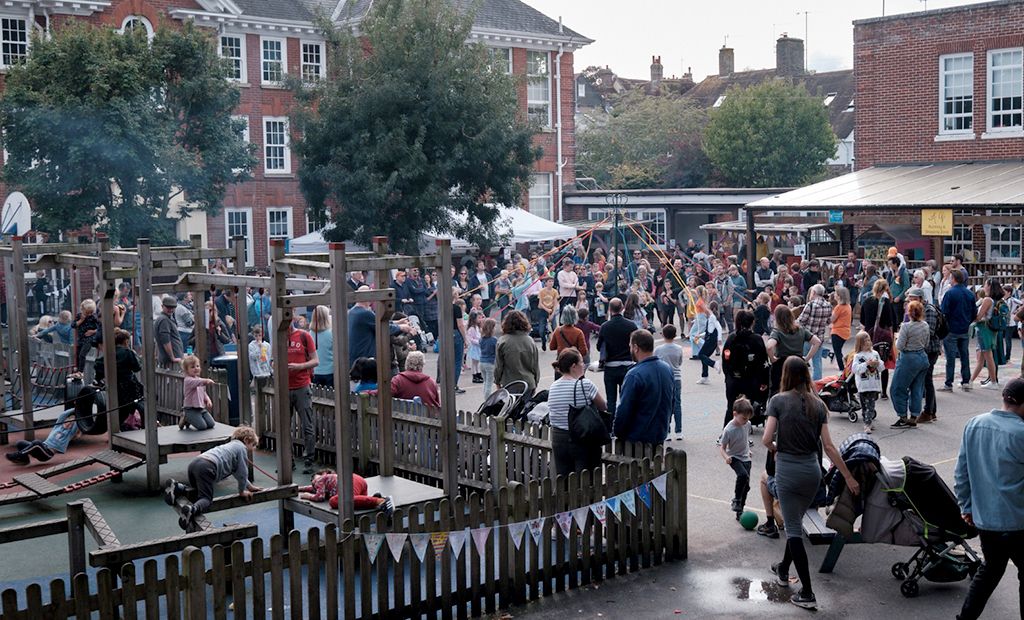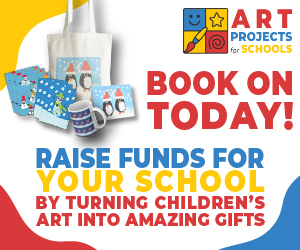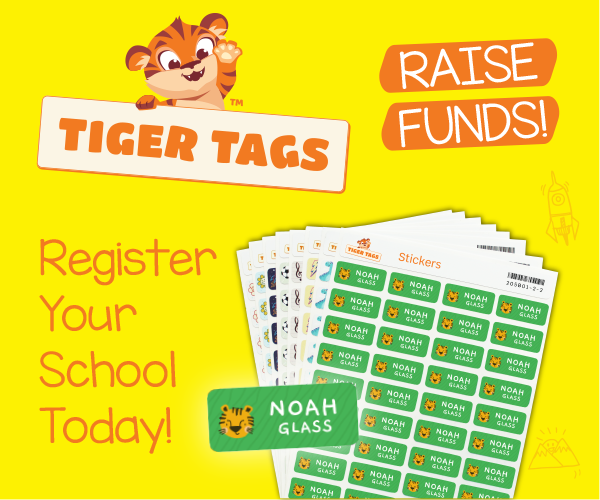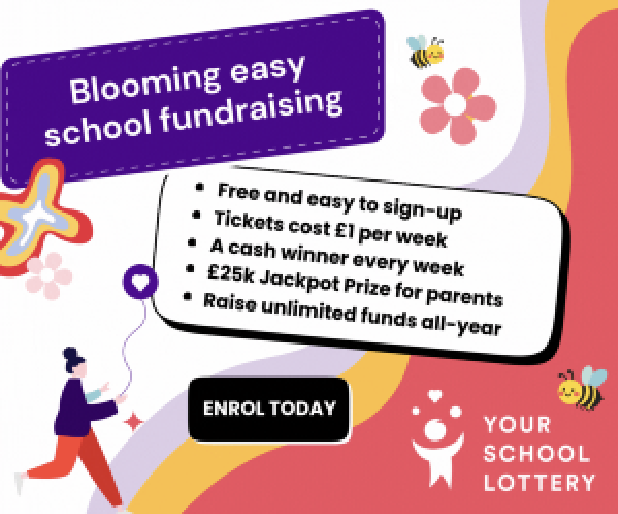Be positive
When I went to my first PTA meeting, I’d just had our second baby, so I invited the chair and the secretary to my house. But it all felt so negative, and I thought, “Oh my gosh, that’s the problem”. I understood where they were coming from–it can be disheartening when you’re trying so hard–but I knew things had to change. Positivity is key.
This time it’s personal
When you make things personal, you make connections. Take the time to chat with people and learn about them. For instance, if I approach someone and I already know their job and their skills, I can say, ‘We need someone to take over this design project; would you be willing to do it?’ When I’ve written the newsletter, I pass it over to a dad who is a graphic designer. He makes it look professional, so it does a better job of communicating. It’s a small job that he does once a month, but it really helps.
Show your appreciation
PTA life is so much easier when people feel appreciated. It doesn’t cost anything and it’s so simple. When people step up, we say thank you. We put photos of the volunteers in the newsletter. We acknowledge that if it wasn’t for these people, nothing would be happening for the school. At the end of every event, our secretary sends out an email asking for feedback: what worked and what didn’t. It lets people know that their point of view is important.
Don’t fear the no
When I’m trying to fill a committee role, I go up to someone and ask them. My husband taught me to not be afraid of the no. Nine times out of 10 people say yes. Someone once said ‘maybe, not now, as I’m a bit busy,’ but funnily enough, she volunteered to do what I was hoping she would do a year later.
Embrace the tech
Before I was chair, I concentrated on communications for the Friends, and part of this was setting up class WhatsApp groups. The groups are important; they help the Friends spread information via the class reps. They’re also valuable for helping parents get to know each other and they encourage discussion. I also set up two new Facebook groups: a closed Facebook group for parents and carers, in which we can chat about anything; and a public-facing group for us to promote our events. Don’t be afraid to investigate new technologies such as artificial intelligence (AI). I used Chat GPT, for example, to help with a piece for the newsletter about match funding. I have also used AI to generate images for posters if I’m looking for something specific.
- Read about the benefits of-co-chairing
- PTA myths: busted
- What to include in a handover pack
What’s in it for me?
People are more likely to help if they can see what the Friends has done for them and their children. The newsletter helps us set out our achievements more clearly. Last year I introduced a new element: a simple image of a piggy bank. In each newsletter we show exactly how much money’s come in alongside how much we spent. For example, we bought 10 ukuleles, so we featured a photo of happy children playing them.
Be visible, be available
When I got involved, I thought: how can we make ourselves less like a secret society? Now, each year, we attend the new parents’ evening, where I say something about the Friends and what we do, and encourage the parents of new starters to come along to the summer fair–a great way to get the children excited about the school. I have also set up a WhatsApp group, so new parents can connect. From the get-go they know the Friends are a relaxed, friendly bunch who are trying to help. We have photos of our class reps on a board in the playground and wear a lanyard at events so that people know who we are.
Dummies’ guides
Every time we ran an event, we would ask volunteers to run a class stall and be overwhelmed by a deluge of questions. If people didn’t understand what they were supposed to do, they would overspend, affecting our income. So, one evening, the secretary and I sat down, poured glasses of wine and started writing dummies’ guides. Where do you get prizes? How much can you spend? What do you do with receipts?
Fun, fun, fun
The thing I enjoy most about the Friends is that it is so much fun. To make it easier for everyone, it also needs to be fun for the volunteers. Efficiency is part of that, along with being positive, being appreciative and considering how you can give people ownership of what you’ve asked them to do.
Carolyn Sparks, chair, Friends of Southover Primary School, Lewes (270 pupils)







